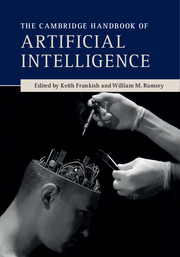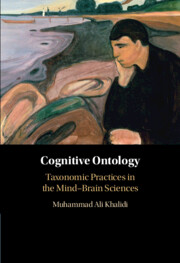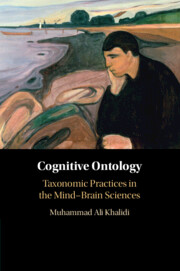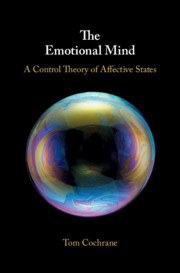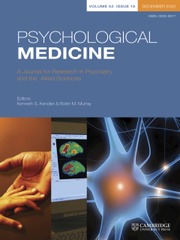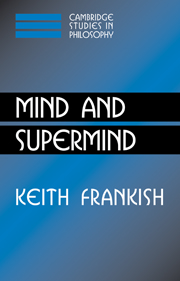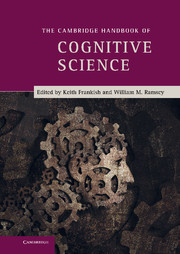The Cambridge Handbook of Artificial Intelligence
Artificial intelligence, or AI, is a cross-disciplinary approach to understanding, modeling, and creating intelligence of various forms. It is a critical branch of cognitive science, and its influence is increasingly being felt in other areas, including the humanities. AI applications are transforming the way we interact with each other and with our environment, and work in artificially modeling intelligence is offering new insights into the human mind and revealing new forms mentality can take. This volume of original essays presents the state of the art in AI, surveying the foundations of the discipline, major theories of mental architecture, the principal areas of research, and extensions of AI such as artificial life. With a focus on theory rather than technical and applied issues, the volume will be valuable not only to people working in AI, but also to those in other disciplines wanting an authoritative and up-to-date introduction to the field.
- Accessible and student-friendly, focusing on key topics and avoiding technical jargon
- Includes supporting material, such as annotated chapter-specific further reading sections and an extensive glossary
- Provides concise, authoritative, and up-to-date coverage of a rapidly developing and expanding field
Product details
June 2014Paperback
9780521691918
365 pages
245 × 173 × 20 mm
0.64kg
29 b/w illus. 1 table
Available
Table of Contents
- Introduction Keith Frankish and William M. Ramsey
- Part I. Foundations:
- 1. History, motivations, and core themes Stan Franklin
- 2. Philosophical foundations Konstantine Arkoudas and Selmer Bringsjord
- 3. Philosophical challenges William S. Robinson
- Part II. Architectures:
- 4. GOFAI Margaret A. Boden
- 5. Connectionism and neural networks Ron Sun
- 6. Dynamical systems and embedded cognition Randall D. Beer
- Part III. Dimensions:
- 7. Learning David Danks
- 8. Perception and computer vision Markus Vincze, Sven Wachsmuth and Gerhard Sagerer
- 9. Reasoning and decision making Eyal Amir
- 10. Language and communication Yorick Wilks
- 11. Actions and agents Eduardo Alonso
- 12. Artificial emotions and machine consciousness Matthias Scheutz
- Part IV. Extensions:
- 13. Robotics Phil Husbands
- 14. Artificial life Mark A. Bedau
- 15. The ethics of artificial intelligence Nick Bostrom and Eliezer Yudkowsky.

